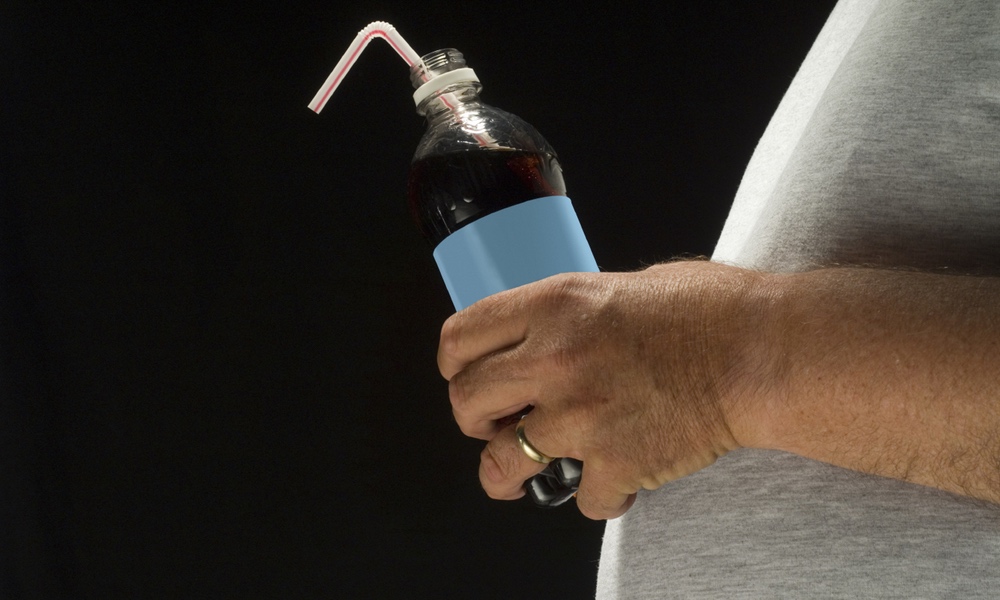Men may want to put down that sweet soda or cocktail and have a glass of water instead. As science shifts the blame from fat to sugar as the cause of a variety of health ailments, new research finds that sweetened beverages increase the risk of heart failure, particularly in men.
Heart failure is a condition that has no cure. It occurs when the heart can no longer effectively pump enough blood throughout the body or cannot fill with enough blood. Nearly six million people in the US have heart failure, and it is a leading cause of hospitalization.
Researchers followed the health of over 42,000 Swedish men, ages 45 to 79, for 12 years to determine if there might be a link between heart failure and the consumption of sweetened beverages. The men recorded their intake of 96 food and beverage items over the preceding year and included the amount of beverages sweetened with sugar, fructose/glucose, or artificial sweeteners consumed both daily and weekly.Men who drank at least two servings of sweetened drinks a day had a 23 percent greater risk of developing heart failure compared those who did not drink any.
Over 3,600 new cases of heart failure were diagnosed during the course of the study, and 509 men died as a result of the condition. Men who drank at least two servings of sweetened drinks a day had a 23 percent greater risk of developing heart failure compared those who did not drink any.
It's important to note that this was an observational study, and though it found a strong relationship, it cannot prove that sweetened beverages cause heart failure. In addition, the food questionnaires men filled out did not differentiate between beverages sweetened with sugar and those that contained artificial sweeteners. Finally, the study only looked at the diets of older white men, so the findings might not apply to younger people, women, or people of other ethnicities.
A high consumption of sugary beverages is generally associated with a poor overall diet, and this may be a more reliable indicator for the development of heart failure than any single dietary component. People who drink sugary beverages on a regular basis increase their risk for problems with blood pressure, insulin levels, and inflammatory markers, not to mention weight gain. All of these are risk factors for metabolic syndrome, diabetes, heart disease, and stroke. So it’s not a stretch to think that sweetened drinks might increase the risk for heart failure, too.
Though lifestyle changes can help people live longer, over half of those diagnosed with heart failure will die within five years.
The study is published in Heart.





